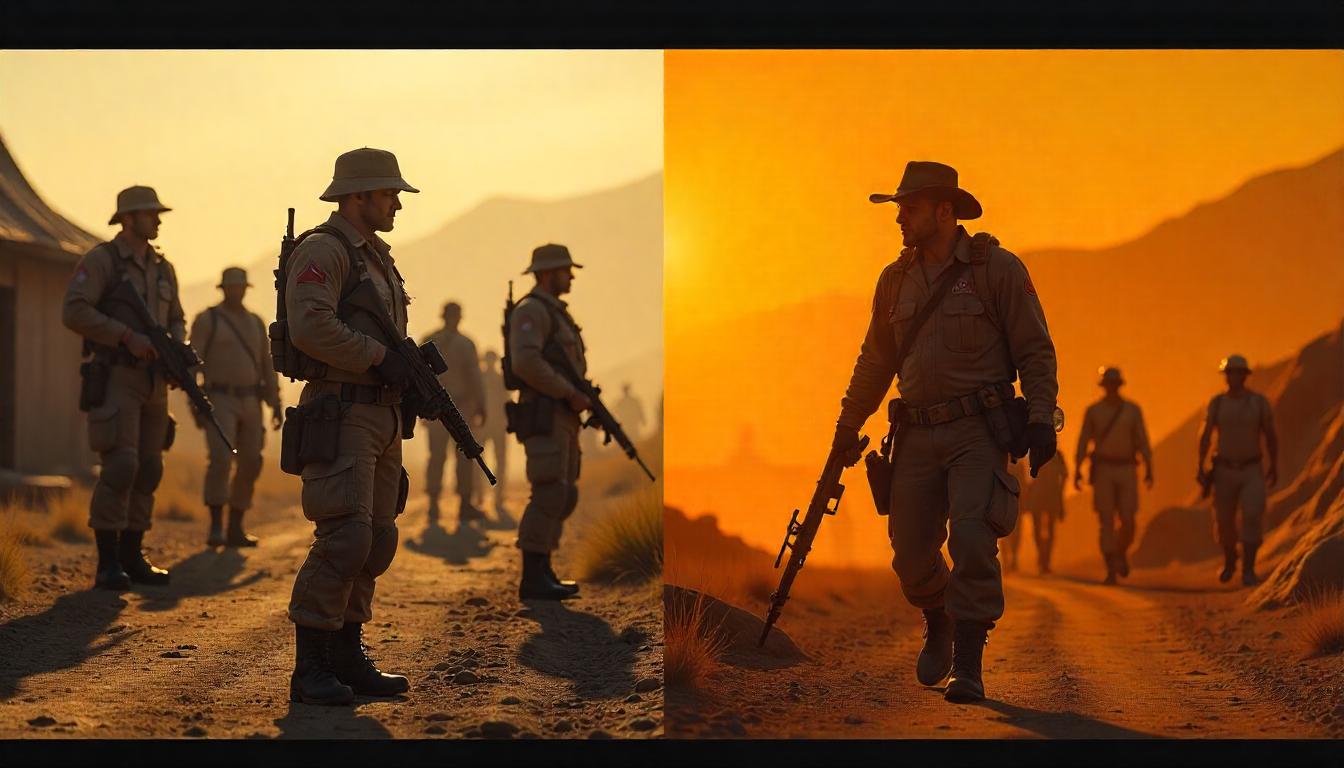When Fallout 4 launched in 2015, it arrived with the weight of immense expectations. Bethesda Game Studios had already revolutionized the open-world RPG genre with titles like The Elder Scrolls V: Skyrim and Fallout 3, and fans eagerly anticipated the next evolution of post-apocalyptic exploration. Fallout 4 delivered an ambitious vision that pushed the boundaries of the genre, introducing significant innovations in quest design, settlement building, and player choice. While it wasn’t without its controversies, its impact on subsequent RPGs remains undeniable.
Quest Design: Blending Narrative Depth with Open-Ended Exploration
One of Fallout 4’s most defining features was its approach to quest design. Previous Bethesda RPGs had excelled at creating expansive worlds filled with interesting side quests, but Fallout 4 sought to refine this formula by emphasizing player-driven narratives. While some fans lamented the shift from the more complex branching dialogue trees of Fallout: New Vegas, Fallout 4 compensated with its emergent storytelling approach.
Quests such as “The Silver Shroud” showcased Bethesda’s ability to blend role-playing elements with open-world exploration, allowing players to fully immerse themselves in unique identities. The game also embraced procedural quest generation through the Radiant Quest system, which kept the world feeling dynamic, even if it sometimes led to repetitiveness. Games like The Witcher 3: Wild Hunt, which was released the same year, took a different approach by delivering heavily curated, narrative-driven quests, but Fallout 4’s focus on sandbox-style gameplay influenced later titles such as The Outer Worlds and Cyberpunk 2077, which adopted its blend of player-driven storytelling and environmental storytelling.
Settlement Building: A New Era of Player Creativity
Perhaps the most unexpected and revolutionary addition to Fallout 4 was its settlement-building mechanic. While previous open-world RPGs allowed for home customization (notably Skyrim’s Hearthfire expansion), Fallout 4 introduced a deep and expansive base-building system that empowered players to shape their world in unprecedented ways.
The ability to construct and manage settlements across the Commonwealth added an entirely new gameplay layer, allowing players to fortify their homes, recruit settlers, and establish supply lines. This mechanic gave rise to an entirely new type of gameplay experience, transforming Fallout 4 into a hybrid of RPG and city-builder. The system’s success inspired later RPGs, with titles such as Conan Exiles, No Man’s Sky, and even The Legend of Zelda: Tears of the Kingdom implementing deep player-driven building mechanics. Bethesda itself recognized the appeal, expanding on settlement-building in Fallout 76 and integrating it into Starfield’s outpost system.
Player Choice: A Double-Edged Sword
Player agency has always been a core tenet of Bethesda’s design philosophy, but Fallout 4’s approach to choice and consequence sparked considerable debate. Unlike its predecessor, Fallout: New Vegas, which emphasized intricate branching narratives, Fallout 4 streamlined its dialogue system to a four-choice interface, often reducing player control over conversations. While this decision made interactions feel more cinematic, many fans felt it sacrificed depth and the illusion of true choice.
However, Fallout 4’s emphasis on faction-based storytelling offered significant moral dilemmas. Players had to navigate the ideological conflicts between the Brotherhood of Steel, the Railroad, the Minutemen, and the Institute, leading to multiple potential endings. While some found these choices less impactful than those in Fallout: New Vegas, the faction system influenced later RPGs, particularly in how developers structured competing narratives within open worlds.
Comparing Fallout 4’s Legacy to Other RPGs
Fallout 4’s influence can be seen in numerous RPGs that followed. While it arrived the same year as The Witcher 3: Wild Hunt, which became the gold standard for narrative-driven RPGs, Fallout 4 distinguished itself by doubling down on player freedom and mechanical depth. Cyberpunk 2077, despite its rocky launch, adopted a similar approach to faction-based storytelling and emergent world-building, though it leaned more heavily on cinematic storytelling.
Other games, such as Horizon Zero Dawn and Red Dead Redemption 2, focused more on curated experiences rather than Fallout 4’s open-ended structure. However, Bethesda’s settlement system directly inspired elements of survival games like Subnautica and Valheim, proving that the game’s emphasis on player-driven creativity resonated beyond the RPG genre.
A Lasting Impact on Open-World Design
Despite its divisive elements, Fallout 4’s legacy remains strong. It pushed the boundaries of open-world RPGs by introducing settlement-building mechanics, refining emergent quest design, and experimenting with new forms of player agency. While some of its choices, such as the simplified dialogue system, drew criticism, its contributions to the genre have been felt across multiple subsequent games.
As Bethesda continues to refine its formula with Starfield and future titles, Fallout 4 stands as a landmark in open-world RPG design—a game that prioritized player freedom, exploration, and creativity, leaving an undeniable mark on the evolution of interactive storytelling.






Leave a Reply